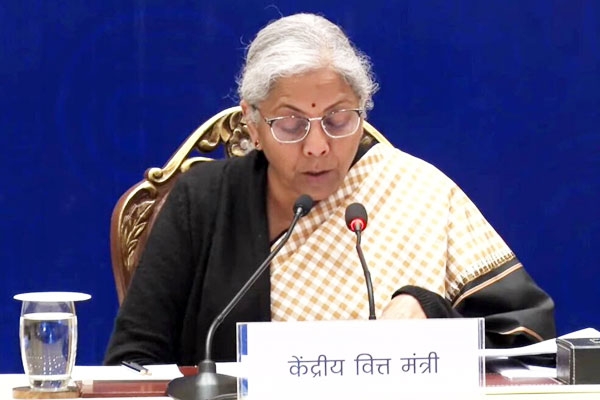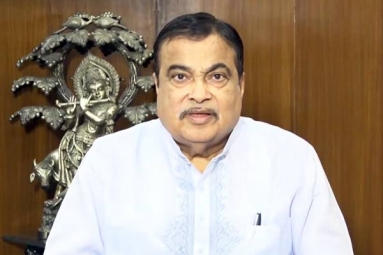
(Image source from: Twitter.com/nsitharamanoffc)
The GST Council has made several important recommendations to simplify and reduce the tax burden in specific areas. These include lowering the GST rate on Fortified Rice Kernel to make it more affordable, fully exempting gene therapy from GST to improve accessibility, exempting contributions from general insurance companies to the Motor Vehicle Accident Fund from GST, and clarifying that no GST should apply to transactions involving vouchers.
To summarize, the GST Council has made revisions to provisions related to vouchers. Additionally, the Council has clarified that penal charges imposed by banks and non-banking financial companies on borrowers for not following loan terms are not subject to GST. Furthermore, the Council has recommended reducing the pre-deposit required when filing an appeal before the Appellate Authority in cases where the order involves only penalty amounts, to make the appeals process more accessible and less financially burdensome for taxpayers.
Changes in GST rates of goods:
The government proposes to reduce the GST rate on Fortified Rice Kernel (FRK), classified under 1904, to 5%. It also plans to exempt GST on gene therapy. The existing IGST exemption on systems, sub-systems, equipment, parts, sub-parts, tools, test equipment, and software meant for the assembly or manufacture of the LRSAM system will be extended. The rate of Compensation Cess on supplies to merchant exporters will be reduced to 0.1%, aligning it with the GST rate on such supplies. Additionally, the government will exempt IGST on imports of all equipment and consumable samples by the Inspection Team of the International Atomic Energy Agency (IAEA), subject to specified conditions. Lastly, the concessional 5% GST rate on food inputs of food preparations under HSN 19 or 21 that are supplied for free distribution to economically weaker sections under a government program will be extended, subject to the existing conditions.
Services:
The proposed changes aim to bring sponsorship services provided by corporate bodies under the Forward Charge Mechanism. Additionally, it seeks to exempt GST on contributions made by general insurance companies from third-party motor vehicle premiums to the Motor Vehicle Accident Fund. Furthermore, the changes involve omitting the definition of declared tariff and amending the definition of specified premises to link it with the actual value of supply for hotel accommodations. Lastly, the changes exclude taxpayers registered under the Composition Levy Scheme from the requirement for unregistered persons to register for renting commercial or immovable property to registered persons.
Other Changes Relating to Goods and Services:
The GST rate on the sale of old and used vehicles, including electric vehicles, will be increased from 12% to 18%, except for certain specified vehicles. Autoclaved Aerated Concrete (ACC) blocks containing more than 50% fly ash will be classified under HS 6815 and will be subject to a 12% GST. Pepper (fresh green or dried) and raisins supplied by agriculturists will be exempt from GST. The definition of 'pre-packaged and labelled' goods for retail sale will be amended to cover commodities containing up to 25 kg or 25 litres. Ready-to-eat popcorn mixed with salt and spices will attract a 5% GST if supplied as non-pre-packaged, and a 12% GST if supplied as pre-packaged. Past issues will be regularized on an "as is where is" basis. Banks and NBFCs will not be required to pay GST on the penal charges they collect from borrowers for non-compliance with loan terms.
(Video Source: Nirmala Sitharaman)









